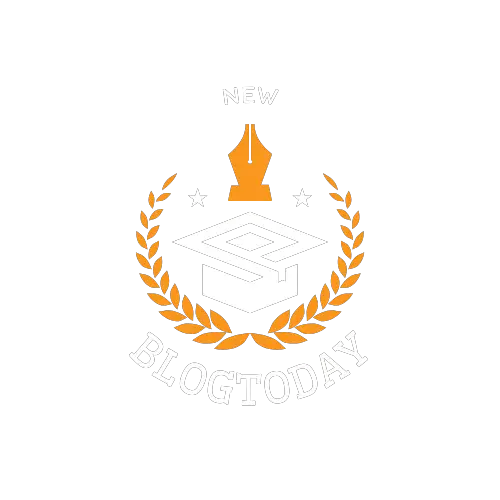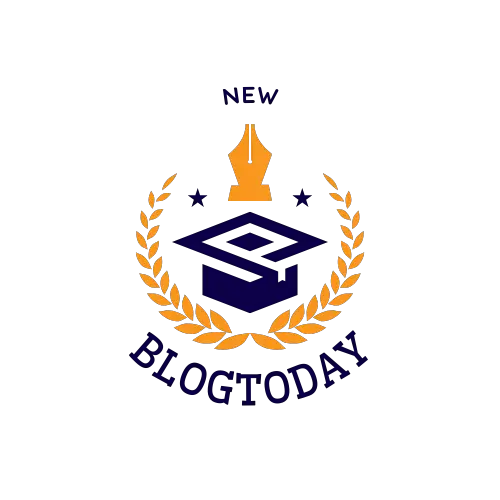Introduction
Present the idea of quantum processing and its importance in the mechanical scene. Talk about how conventional PCs are arriving at their cutoff points and how quantum figuring vows to reform different fields.
Figuring out Quantum Computing
Make sense of the central standards of quantum mechanics that support quantum registering, like superposition, entrapment, and quantum bits (qubits). Improve on complex ideas to make them open to an overall crowd.
Present status of Quantum Computing
Give an outline of the present status of quantum processing innovation, including late headways and forward leaps. Notice central members in the field and their commitments.

Possible Applications
Investigate possible utilizations of quantum registering across various businesses, like cryptography, drug disclosure, enhancement issues, and man-made brainpower. Feature how quantum processing can take care of issues that are at present immovable for old style PCs.
Difficulties and Limitations
Talk about the difficulties and limits confronting the improvement of pragmatic quantum PCs, for example, decoherence, mistake adjustment, and adaptability issues. Address the headway being made in beating these difficulties.
Ramifications for Future Technologies
Look at the expected effect of quantum processing on future innovations and society overall. Talk about how it could prompt troublesome changes in different areas, from money and medical care to planned operations and network safety.
Moral and Cultural Considerations
Investigate the moral and cultural ramifications of broad quantum processing reception, including worries about information protection, security, and occupation uprooting. Examine the significance of mindful turn of events and sending of quantum advances.
Conclusion
Sum up the central issues talked about in the article and repeat the extraordinary capability of quantum figuring. Underline the requirement for proceeded with exploration and joint effort to understand its full advantages while tending to related difficulties.
References
Give a rundown of references and assets for perusers who need to dive further into the subject of quantum processing. Incorporate scholastic papers, books, and legitimate sites for additional perusing.

Altering and Review
Audit the article for clearness, rationality, and exactness. Make important corrections to guarantee that the substance streams without a hitch and really imparts the meaning of quantum processing and its suggestions for future innovations.
Frequently Asked Questions (FAQs) about Quantum Computing:
What is quantum computing?
- Quantum computing is a type of computing that utilizes the principles of quantum mechanics, such as superposition and entanglement, to perform calculations. Unlike classical computers, which use bits to represent information as either 0 or 1, quantum computers use quantum bits (qubits) that can exist in multiple states simultaneously, enabling them to process vast amounts of data and solve complex problems much faster than classical computers.
How does quantum computing differ from classical computing?
- Classical computers process information using bits, which can be in one of two states: 0 or 1. Quantum computers, on the other hand, use qubits, which can exist in multiple states simultaneously due to the principles of superposition and entanglement. This allows quantum computers to perform parallel computations and solve certain problems exponentially faster than classical computers.
What are the potential applications of quantum computing?
- Quantum computing has the potential to revolutionize various industries, including cryptography, drug discovery, optimization, and artificial intelligence. It could lead to breakthroughs in fields such as materials science, finance, healthcare, and cybersecurity by enabling more efficient simulations, faster data analysis, and the solution of complex optimization problems that are currently intractable for classical computers.
What are the challenges facing quantum computing?
- Quantum computing faces several challenges, including decoherence, which refers to the loss of quantum information due to interactions with the environment, and error correction, which is crucial for maintaining the integrity of quantum computations. Other challenges include scalability, building reliable qubits, and developing quantum algorithms that can exploit the full potential of quantum hardware.
When will practical quantum computers be available?
- While significant progress has been made in the field of quantum computing, practical quantum computers capable of outperforming classical computers for a wide range of tasks are still in the research and development stage. It is difficult to predict exactly when such computers will become available, but experts believe that it could be within the next decade or two as researchers continue to overcome technical challenges and improve quantum hardware and algorithms.


